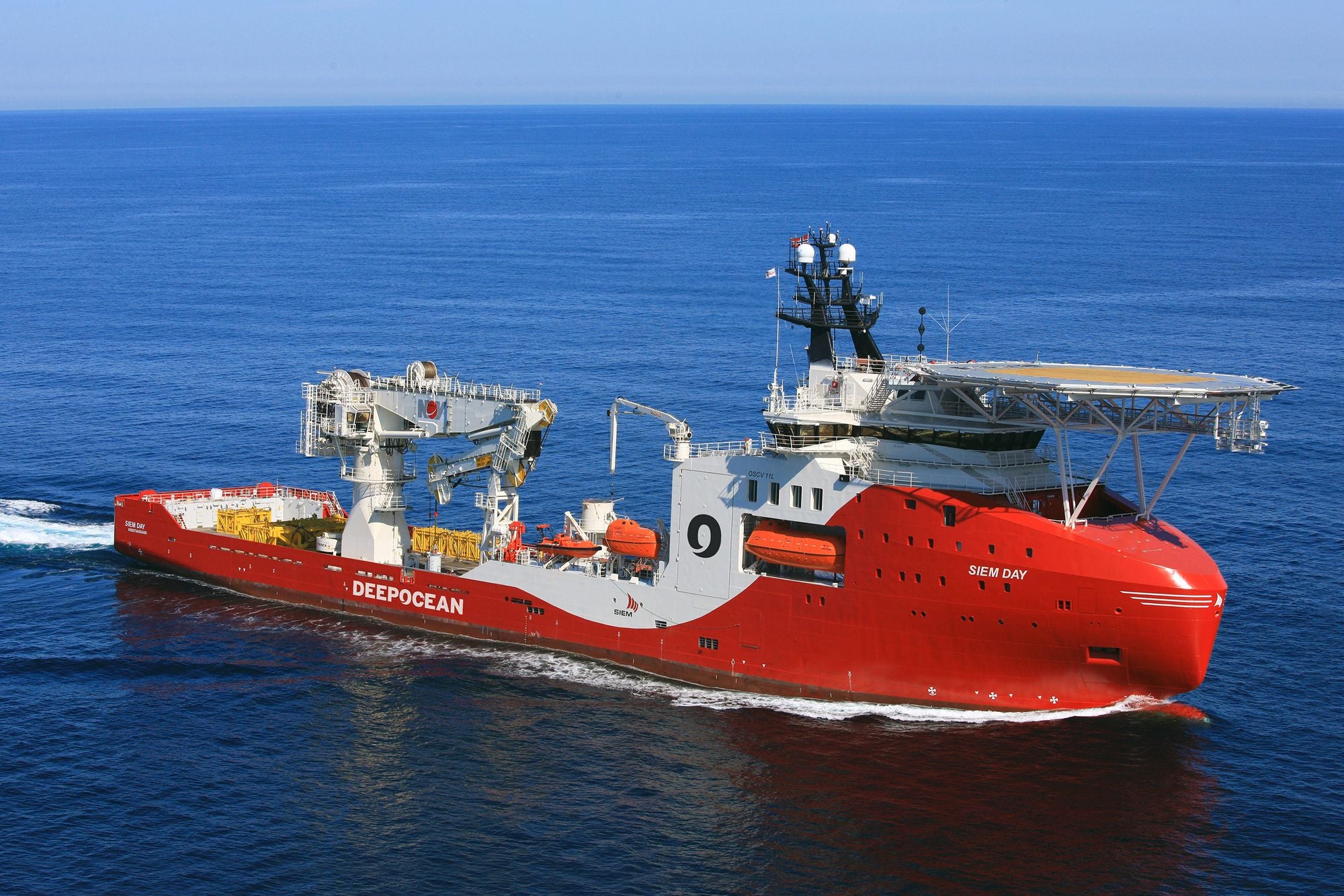
ExxonMobil Guyana has selected DeepOcean to provide subsea construction and inspection, maintenance, and repair (IMR) services at the Stabroek Block offshore Guyana.
Under the contract, DeepOcean is responsible for planning and executing a wide range of subsea activities, including subsea construction and jumper installations, and subsea IMR work.
The Norway-based ocean services provider will deploy its Siem Day multi-purpose support vessel (MPSV) for subsea operations.
The Siem Day vessel comprises a 250te crane and advanced technology and features to enable safe and effective operation even in the harshest offshore environments.
It also features a large deck space, advanced dynamic positioning systems, and dual remotely operated vehicle (ROV) spreads, for superior performance and maximum productivity.
DeepOcean will manage the contract works through its subsidiary DeepOcean American.
DeepOcean American operation president Tony Stokes said: “This is our first major contract with ExxonMobil in the Americas and our market entry into the exciting Guyana market.
“We consider this is a confirmation of our team’s expertise and the technical solutions we bring to the table.
“We are highly committed to delivering high-quality subsea services and solutions, and we look forward to working closely with ExxonMobil Guyana to support their operations in the various field developments in the Stabroek Block.”
ExxonMobil Guyana owns 45% interest in the Stabroek Block, which is also the operator.
Other partners in the block include Hess Guyana Exploration with a 30% interest and CNOOC Petroleum Guyana with the remaining 25% interest.
In April last year, ExxonMobil and Hess announced a new oil discovery in the offshore Guyanese block Stabroek through the drilling of the Lancetfish-1 well.
Lancetfish marks the second discovery for the ExxonMobil-led consortium in 2023 after the oil discovery at Fangtooth SE-1 well in the same Guyanese concession.
Stabroek Block is said to be the most promising oil and gas discovery, with estimated recoverable resources exceeding eight billion oil-equivalent barrels to date.






